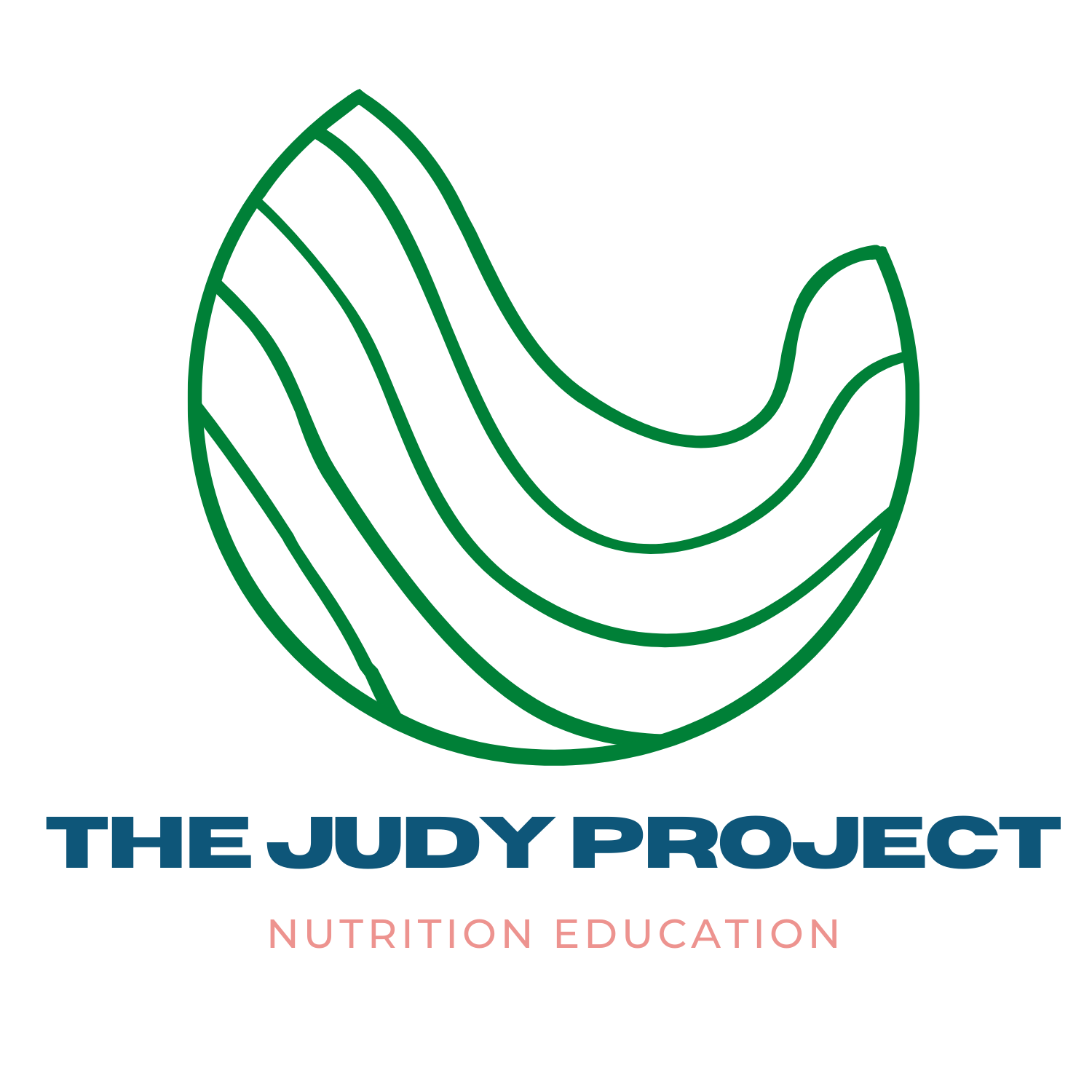In Your 30s? Here’s How to Protect Your Health for the Decades Ahead
As a registered dietitian who works with young and middle-aged adults, I hear it all the time: “I wish I had started taking care of myself earlier.” But here’s the thing — if you’re in your 30s, it’s not too late. In fact, this is one of the most powerful decades to start making long-term health changes that truly stick.
Whether you’ve never paid much attention to your diet or you're already trying to improve your health, here are five high-impact habits to help you reduce your risk of chronic diseases and feel your best — now and later.
1. Eat Regularly — Don’t Skip Meals
Busy jobs, early parenting, long commutes — your 30s can be a whirlwind. But skipping meals (especially breakfast and lunch) can throw your body off balance.
When you skip meals:
You get behind on energy
You’re more likely to binge later in the day
You tend to crave more processed, high-calorie foods
💡 Eating consistently — even if it’s something small — helps regulate your appetite and blood sugar, and supports a stable body weight. Think: balanced breakfasts, packed lunches, and planned snacks to avoid the vending machine dive at 3 PM.
2. Practice “Eating on Purpose”
Intentional eating isn’t the same as dieting. It’s about:
Planning ahead when possible
Making choices that support how you want to feel
Avoiding reactive, chaotic eating (like stress-snacking your way through the pantry)
When you're fueling your body on purpose, you'll feel more in control — and more energized. That’s key for staying consistent with all the other health habits.
3. Prioritize Fiber — Seriously
Most people in their 30s are not eating enough fiber — and that’s a big deal. Fiber helps:
Keep your digestion regular
Reduce your risk of heart disease, type 2 diabetes, and colon cancer
Support a healthy gut microbiome
Keep you full and satisfied between meals
✨ Aim for 25–35 grams of fiber per day. Focus on:
Fruits (berries, apples, pears)
Vegetables (especially leafy greens)
Whole grains (like oats, quinoa, whole wheat)
Beans and legumes
And yes — carbs are part of a healthy diet. Especially when they’re high-fiber carbs.
4. Get Real About Meal Prep
The classic advice to “meal prep every Sunday” doesn’t work for everyone — especially in your 30s when time is tight.
Instead of trying to prep a week’s worth of meals, ask:
What meals cause me the most stress during the week?
Could I prep just one meal in advance — like breakfast or lunch?
Are there shortcuts (frozen meals, meal delivery kits, rotisserie chicken) that can help?
✅ The goal is solving your real problems, not following someone else’s perfect routine. Meal prep can be flexible and still make a big impact on your nutrition.
5. Ditch the All-or-Nothing Thinking
Maybe you’re feeling pressure to get everything “perfect.” Maybe you’ve started and stopped health routines more times than you can count.
Here’s the truth: Consistency beats perfection every time.
You don’t need to over-restrict. You don’t need to go keto or do 75 Hard. You just need to make intentional, doable changes that you can stick with over the long term.
That might look like:
A higher-fiber lunch
Drinking one more glass of water a day
Moving your body for 15 minutes after dinner
Start small, build over time, and stay consistent. That’s how we reduce risk for chronic diseases and build a healthier future.
Final Word from a Dietitian
Your 30s are a prime time to start taking your health seriously — but not obsessively. This isn’t about dieting or rigid rules. It’s about creating sustainable habits that support how you want to feel and live for decades to come.
